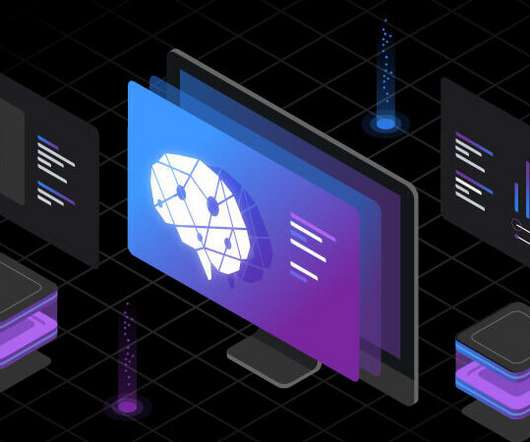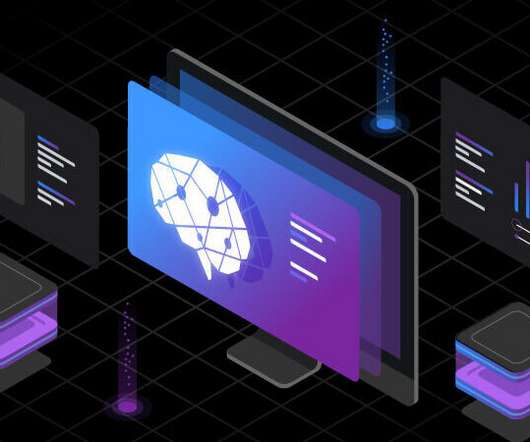What is IT operations analytics? Extract more data insights from more sources
Dynatrace
MAY 1, 2023
IT operations analytics (ITOA) with artificial intelligence (AI) capabilities supports faster cloud deployment of digital products and services and trusted business insights. ITOA automates repetitive cloud operations tasks and streamlines the flow of analytics into decision-making processes. Clean data and optimize quality.












Let's personalize your content